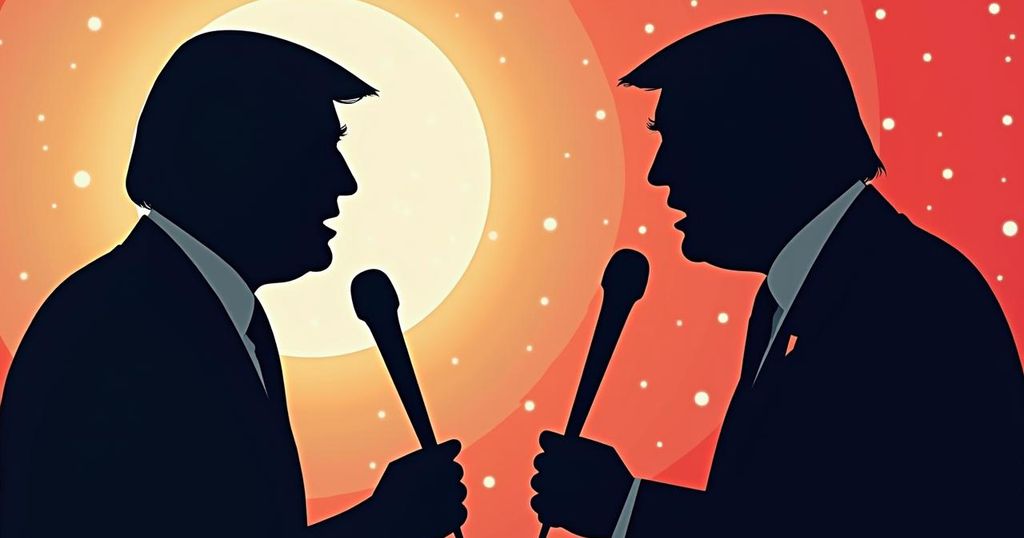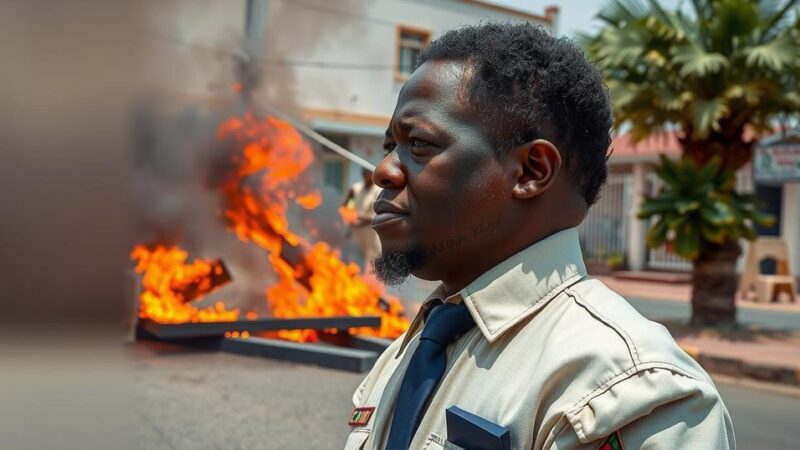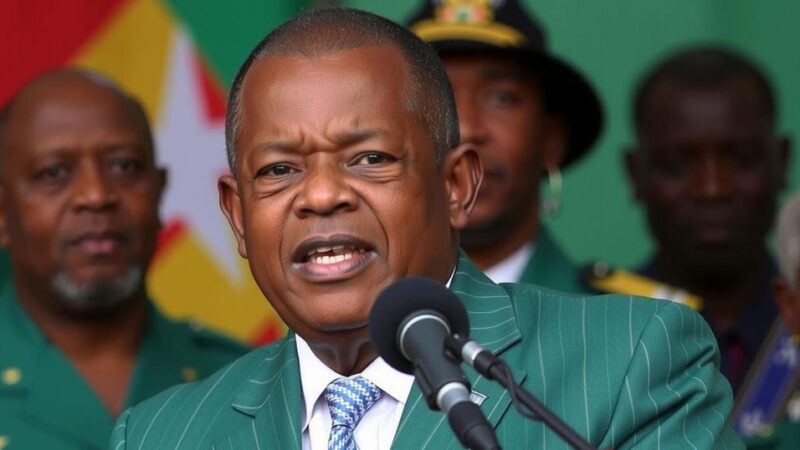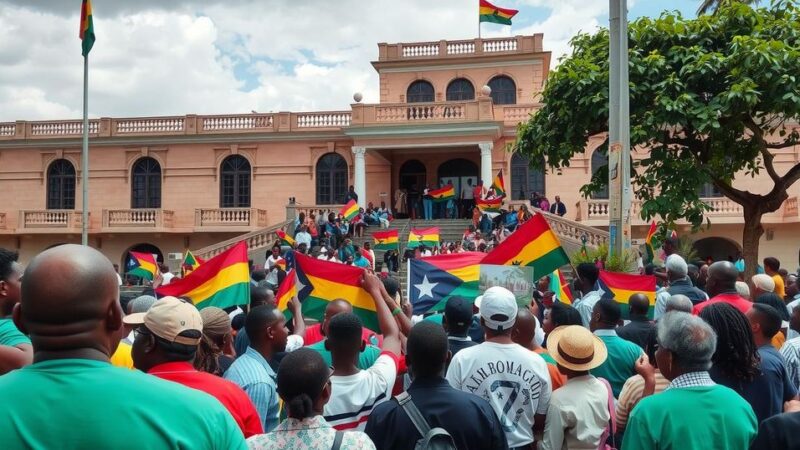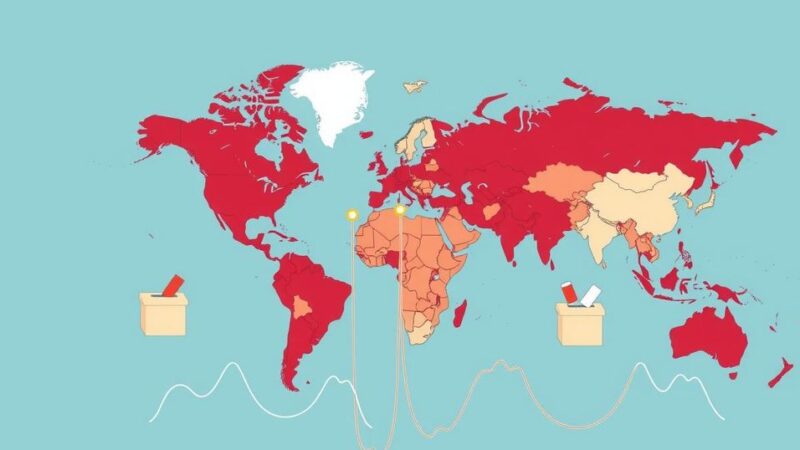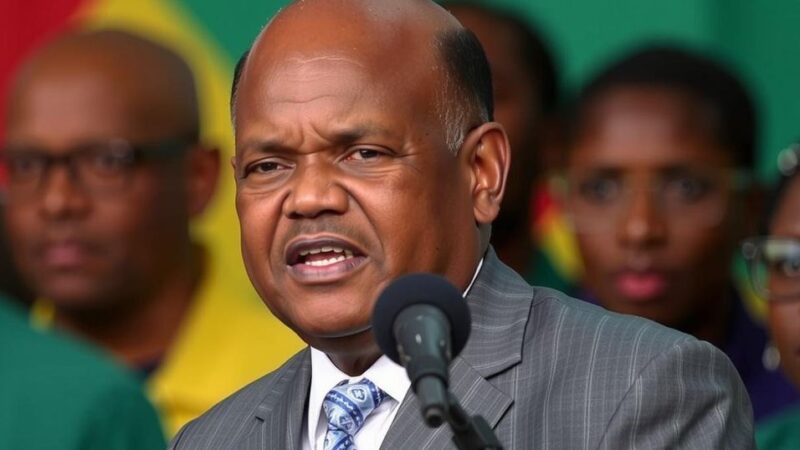Vice presidential debates, often overlooked, have produced notable moments throughout history that resonate with voters. This article reviews five such moments from past debates, illustrating their impact and significance in shaping political discourse.
The significance of vice presidential debates is often underestimated; however, history reveals that many of these political face-offs have led to memorable moments that resonate with voters. As Tim Walz and JD Vance ready themselves for their upcoming debate, they aim to create impactful impressions while avoiding major blunders. The tradition of vice presidential debates took root in 1976 with the encounter between Senators Walter Mondale and Bob Dole. Except for the 1980 election cycle, vice presidential candidates have consistently debated alongside their running mates since 1984. Herein, we reflect on five notable moments from past debates. Fifth on the list is the iconic incident from the 2020 debate, where a fly landed on Vice President Mike Pence’s hair. While this peculiar moment overshadowed the serious discourse, it became a viral sensation during a time when viewers were grappling with the ongoing pandemic. Fourth, the 1976 debate featured the fierce exchange between Mondale and Dole, during which Mondale quipped, “I think Sen. Dole has richly earned his reputation as a hatchet man tonight,” a remark that scored him favor with viewers post-debate. In the third memorable moment from 2008, Sarah Palin’s endearing yet strategic rapport with Joe Biden began with her benign inquiry, “Hey, can I call you ‘Joe?’” This interaction demonstrated her approach to connecting with voters. Ranking second is the gravitational encounter between Dan Quayle and Lloyd Bentsen in 1988. Bentsen’s sharp rebuttal, “Senator, you’re no Jack Kennedy,” emphasized the disparity in experience between the two candidates and left a lasting impression on audiences. The top moment is a poignant miscue from the 1992 debate, where James Stockdale’s introduction was marred by the memorable line, “Who am I? Why am I here?” This moment, which was subsequently parodied on “Saturday Night Live,” remains etched in the minds of viewers as a defining portrayal of a candidate’s misstep. As Vance and Walz gear up for their debate, they stand on the shoulders of these historical moments, hoping to create their own legacy while steering clear of the pitfalls that have plagued past candidates.
Vice presidential debates have become a staple of American political culture since their inception. Each debate offers the candidates an opportunity to distinguish themselves from their opponents, recall their party’s platform, and connect with voters on a personal level. The rich history of these debates showcases pivotal moments that often influence public perception and electoral outcomes. From poignant remarks to blunders, each debate is a chance for candidates to articulate their visions and solidify their roles in their respective campaigns. Understanding these debates not only reflects on the candidates’ capabilities but also highlights the evolving dynamics of American political discourse.
In summary, while vice presidential debates may seem marginal, they have historically provided a platform for candidates to create impactful moments. The five instances elaborated above illustrate how these engagements have shaped political narratives and left lasting impressions on the electorate, showcasing both the gravity and the spectacle of political debates in American history.
Original Source: www.politico.com

